OPINION: President Trump has viewed NATO’s strength in the dollars it spends on weapons, yet history has shown that the 70-year old alliance provides the most value when no shots are being fired.
For a week in the spring of 2000, I awoke in an old World War II concrete barracks. Where swastikas were once prominently displayed on the sides of the buildings, only water stains remained. Before being abandoned, the buildings had also been used by East German athletes as Olympic training facilities. This particular week, they were being used for a NATO-sponsored event in Berlin.
At the time, I was a 1st Lieutenant in the U.S. Army, fortunate enough to be selected as part of the United States’ Company-Grade Officer Delegation. It was a surreal week that involved day-long meetings with officers from across North Atlantic Treaty Organization countries. Our assignment was to identify ways of improving operability in joint environments. Every day, we worked hand in hand on our presentation for the general delegation, and every night, a few hundred military officers from all countries would share drinks and stories.
Every time I’ve heard one of President Trump’s incendiary verbal barrages about NATO over these past two years, I’ve thought of my personal experiences with the alliance and grown increasingly frustrated. I was a firsthand witness to the direct and indirect values that this venerable 70-year old institution has created for its member nations—values which are all the more important to discuss in light of recent antagonistic actions by the White House on the international stage.
Ultimately, when we ignore President Trump’s antagonism towards this alliance, we set up our foreign policy efforts for failure and put our national security at risk.
My statement on NATO being obsolete and disproportionately too expensive (and unfair) for the U.S. are now, finally, receiving plaudits!”
–Tweet from candidate Donald Trump, March 27, 2016
Even before becoming president, Trump had publicly attacked NATO. From making uninformed comments showing a poor grasp of how the organization works to openly questioning the United States’ involvement in it, Trump has made NATO-bashing a central component of his foreign policy rhetoric. It is a mistake to let these verbal threats and derogatory comments continue to slip through the cracks, for doing so could be confused as tacit approval and further the crisis this alliance faces.
Essentially, by sowing seeds of discord about the value of the alliance, President Trump has fostered an environment that, at the very least, could greatly diminish NATO’s ability to respond to critical situations. At worst, it could lead to the organization’s permanent demise. Neither outcome is acceptable.
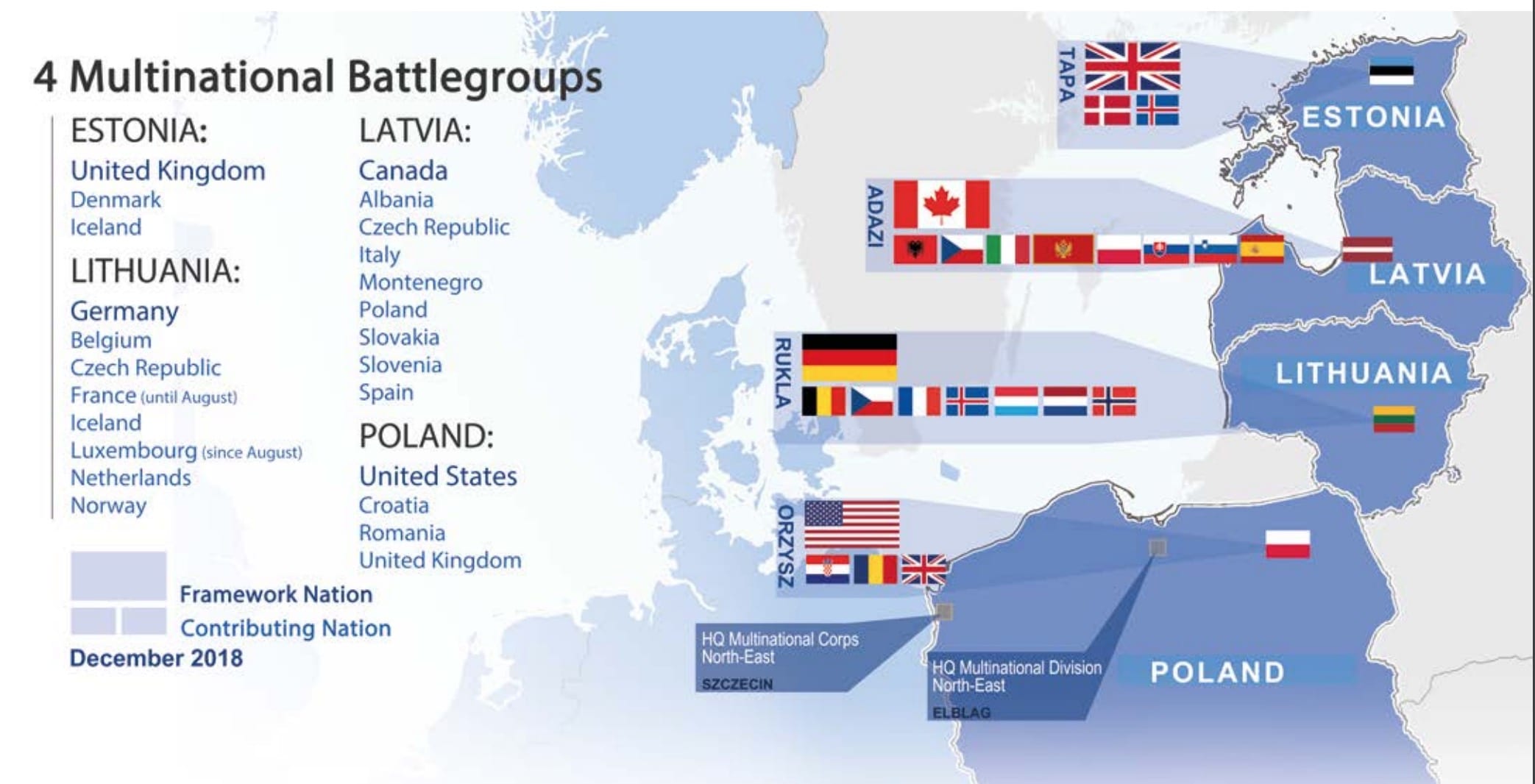
The Spending Argument
The primary crux of President Trump’s objection is purely monetary. He believes the majority of member countries are not maintaining their fiscal obligations to the organization. This argument, however, is overly simplistic and logically flawed. After all, NATO was not formed with spending requirements. In fact, the two-percent level was only established in 2014 at NATO’s Wales Summit, and the guideline was merely a suggestion.
The two-percent guidance does not actually measure how much member countries contribute to the common defense. As The Washington Post recently noted, Greece meets the two-percent threshold because it spends a lot of money on military pensions and weapons systems aimed at deterrence against Turkey. But as Michael Birnbaum points out in this article, “neither [of those expenditures] makes America and Europe safer.”
NATO was not formed with spending requirements … the two-percent level was only established in 2014 … and the guideline was merely a suggestion.”
To further illustrate the hollowness of the spending argument, even if all member countries met the two-percent level, the results would be negligible.
Robert E. Litan and Roger Noll at the Brookings Institute ran the numbers, and the results paint a picture that confirms this point. They also found that only four member nations would have to increase military spending by more than $10 billion to meet their respective two-percent spending levels—a negligible number in the grand scheme of things.
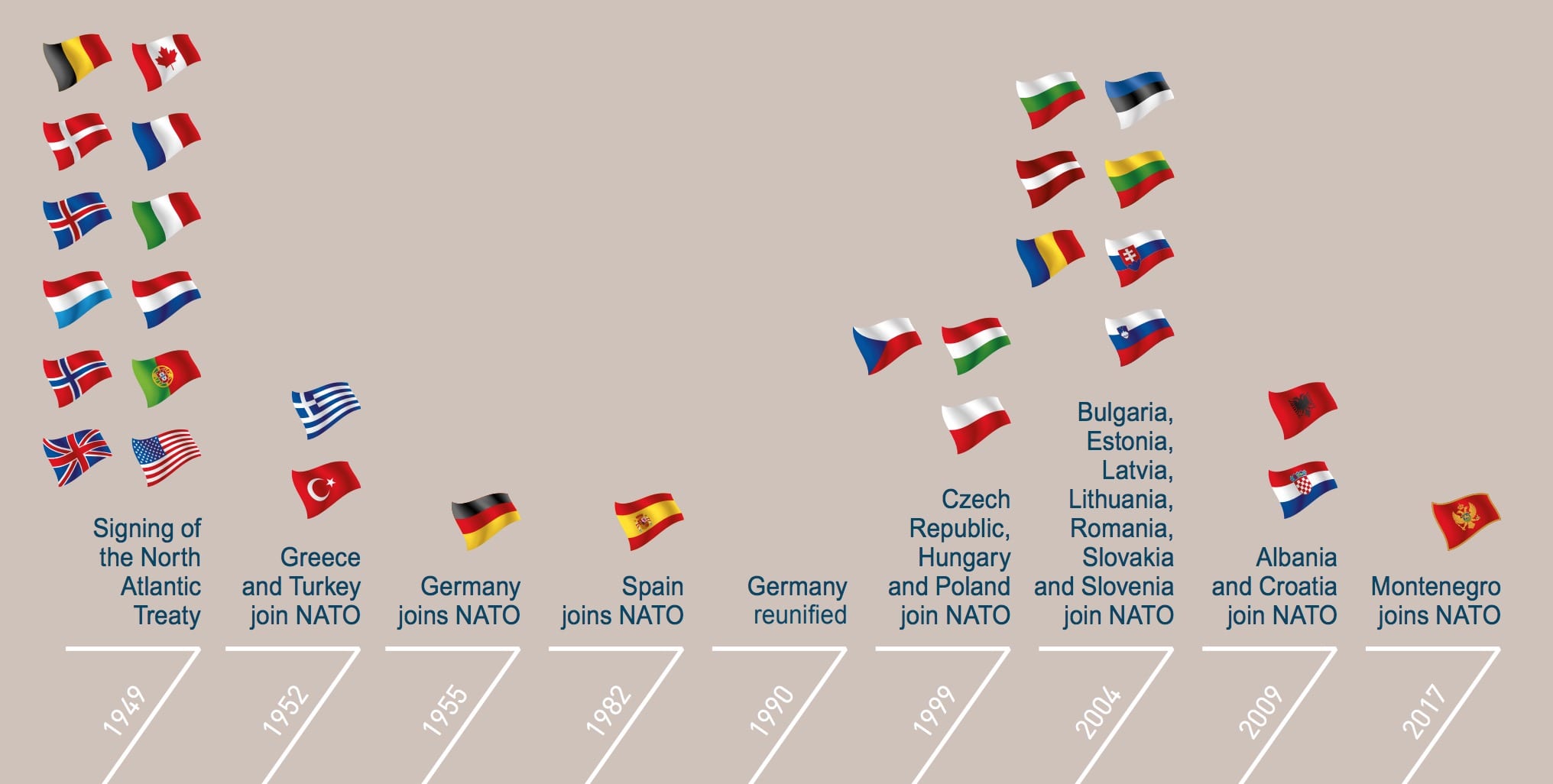
If President Trump knows these facts, one could argue that his constant criticism gives him political leverage over the alliance. However, such a strawman argument incorrectly implies that the United States does not need NATO as much as NATO needs the United States.
A prime example of NATO’s true worth occurred on April 8th when the Trump Administration designated the Iranian Revolutionary Guard a Foreign Terrorist Organization. Labeling part of another nation’s government as a terrorist organization is unprecedented. His own national security advisors warned against it. The action jeopardizes the safety of U.S. soldiers.
Apologists dismissed this announcement as another case of President Trump’s hollow bombast.
In reality, the designation endangers our country’s national security apparatus. Yet, lost in the debate is the fact that such reckless international declarations require unwavering collective support from U.S. allies abroad. It is thanks to NATO that Iran can continue meaningful diplomatic contacts with the West.
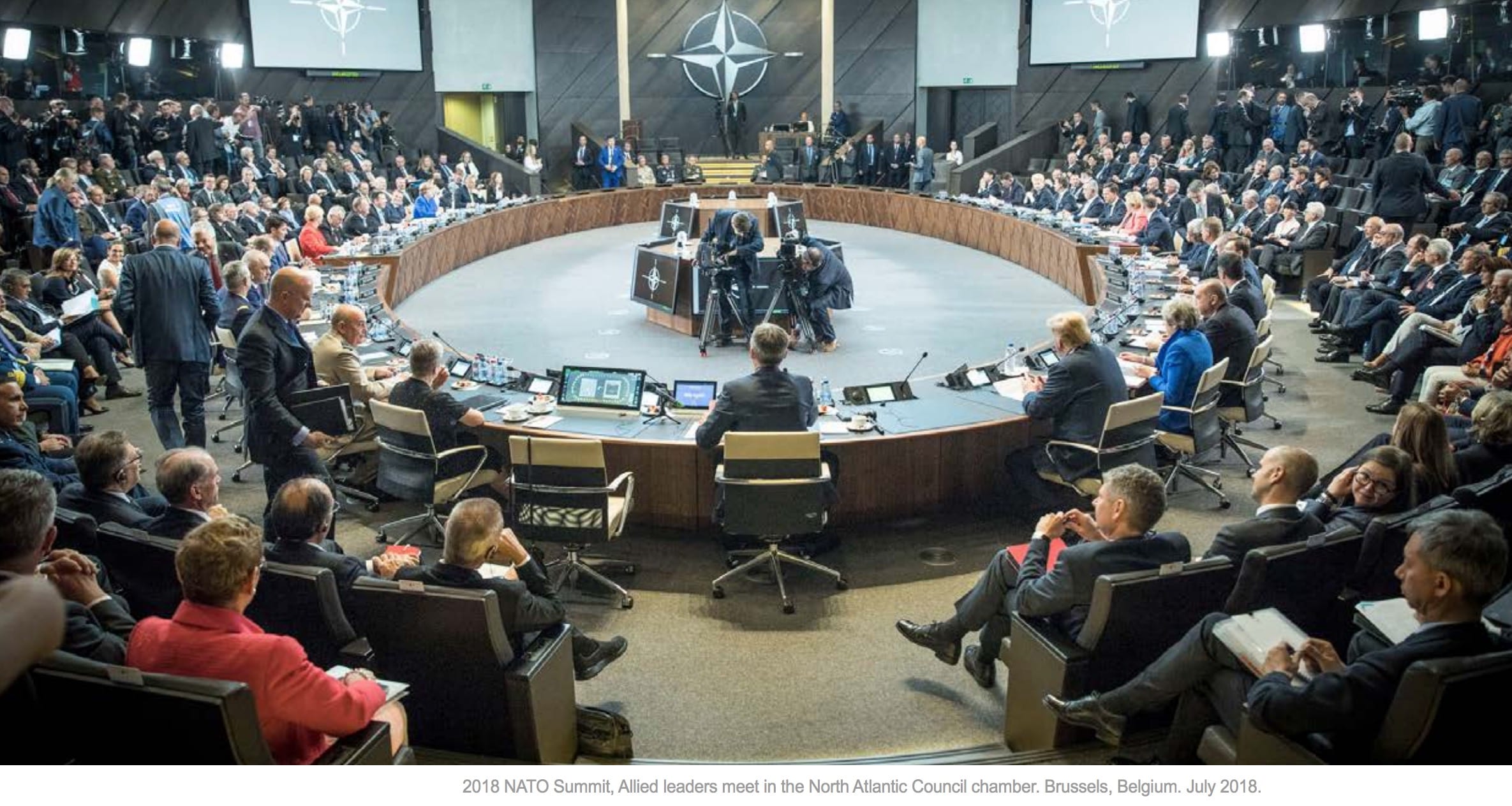
Another example occurred the first week of April when U.S. Secretary of State Mike Pompeo decried to NATO member nations:
“We must adapt our alliance to confront emerging threats…whether that’s Russian aggression, uncontrolled migration, cyberattacks, threats to energy security, Chinese strategic competition, including technology.”
To plead to the organization’s constituents to help the U.S. towards its own foreign policy goals directly validates how vital NATO is to American interests.
https://twitter.com/USNATO/status/1120633417559879685?s=20
The bottom line is that the United States has a symbiotic relationship with NATO, not merely a monetary one. The alliance provides an extremely cost-effective proxy to carry out critical foreign policy aims of the United States. Its existence validates and furthers our National Security Strategy. It takes the lead on complex diplomatic issues dealing with near-peer adversaries, climate change mitigation, and even cyber-security.
Without a strong position with NATO, the United States would not have been able to establish such a strong military presence in Poland. Without NATO, it would have to stand alone against Russian and Chinese aggression, including Russia’s efforts to destabilize NATO members such as Lithuania, Estonia, Latvia, and Poland, and Russia’s attacks on U.S. and European elections. America would become the isolated nation with whom no one wants to be allied.
Michael Morford, for LIMA CHARLIE WORLD
Michael Morford is a former U.S. Army captain and a Security Fellow with Truman National Security Project. He is also president of VertiPrime Government Services, a service disabled veteran-owned small business. An Iraq War veteran, Michael was a two-time Louisiana Reserve company-grade officer of the year and a 2000 MacArthur Leadership Award recipient. A logistics officer focused on war planning, he worked ‘down trace’ to 3rd Army and CentCom and served in the Joint Logistics Headquarters in Camp Arifjan, Kuwait. The views expressed here are his own.
[Subscribe to our newsletter for free and be the first to get Lima Charlie World updates delivered right to your inbox.]
[Main Image adapted from: Pablo Martinez Monsivais / AP]
Lima Charlie World provides global news, featuring insight & analysis by military veterans, intelligence professionals and foreign policy experts Worldwide.
For up-to-date news, please follow us on twitter at @LimaCharlieNews
In case you missed it:

![image NATO’s value can’t be measured in nickels and dimes [Lima Charlie News]](https://limacharlienews.com/wp-content/uploads/2019/04/NATO-Trump-0005.png)
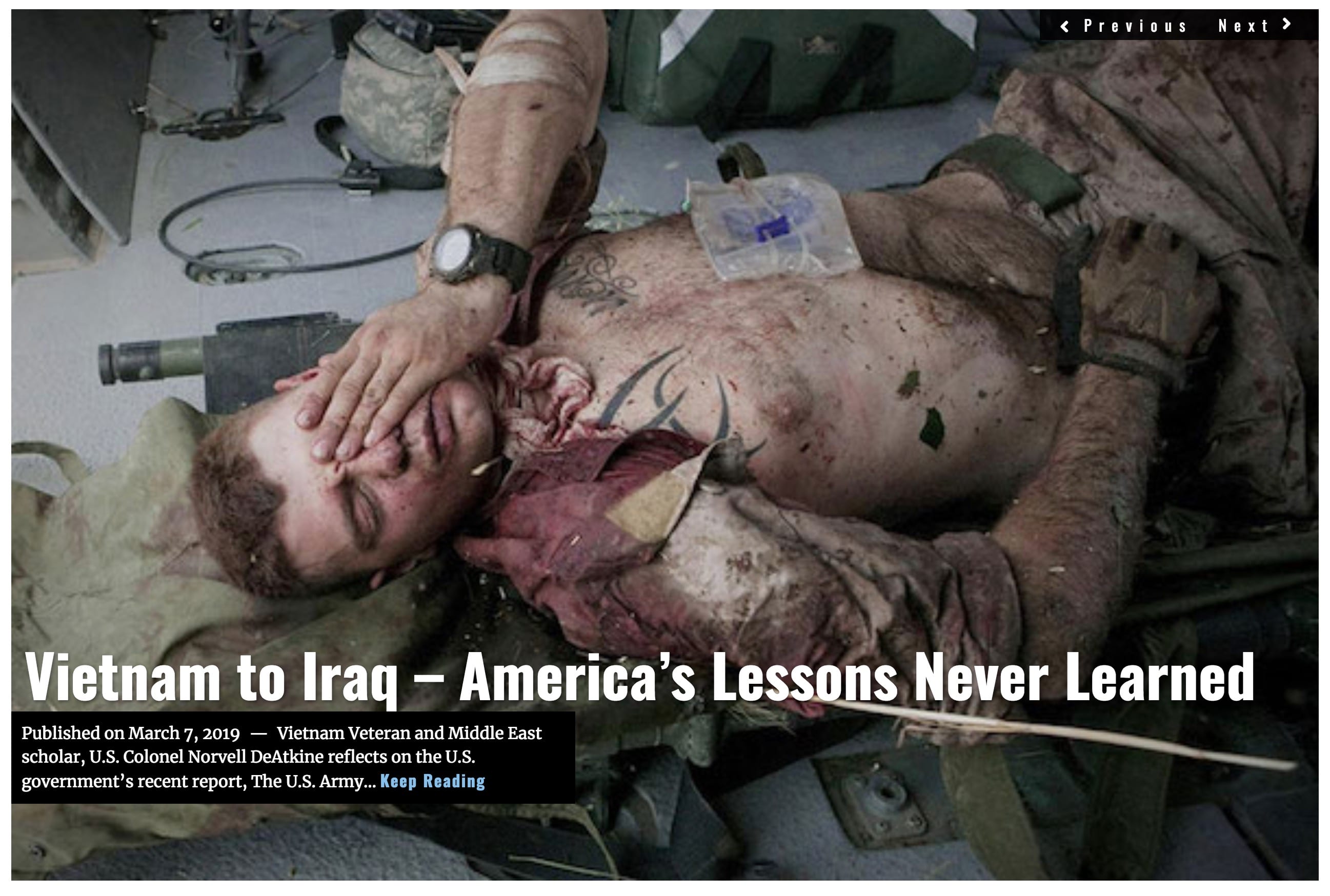
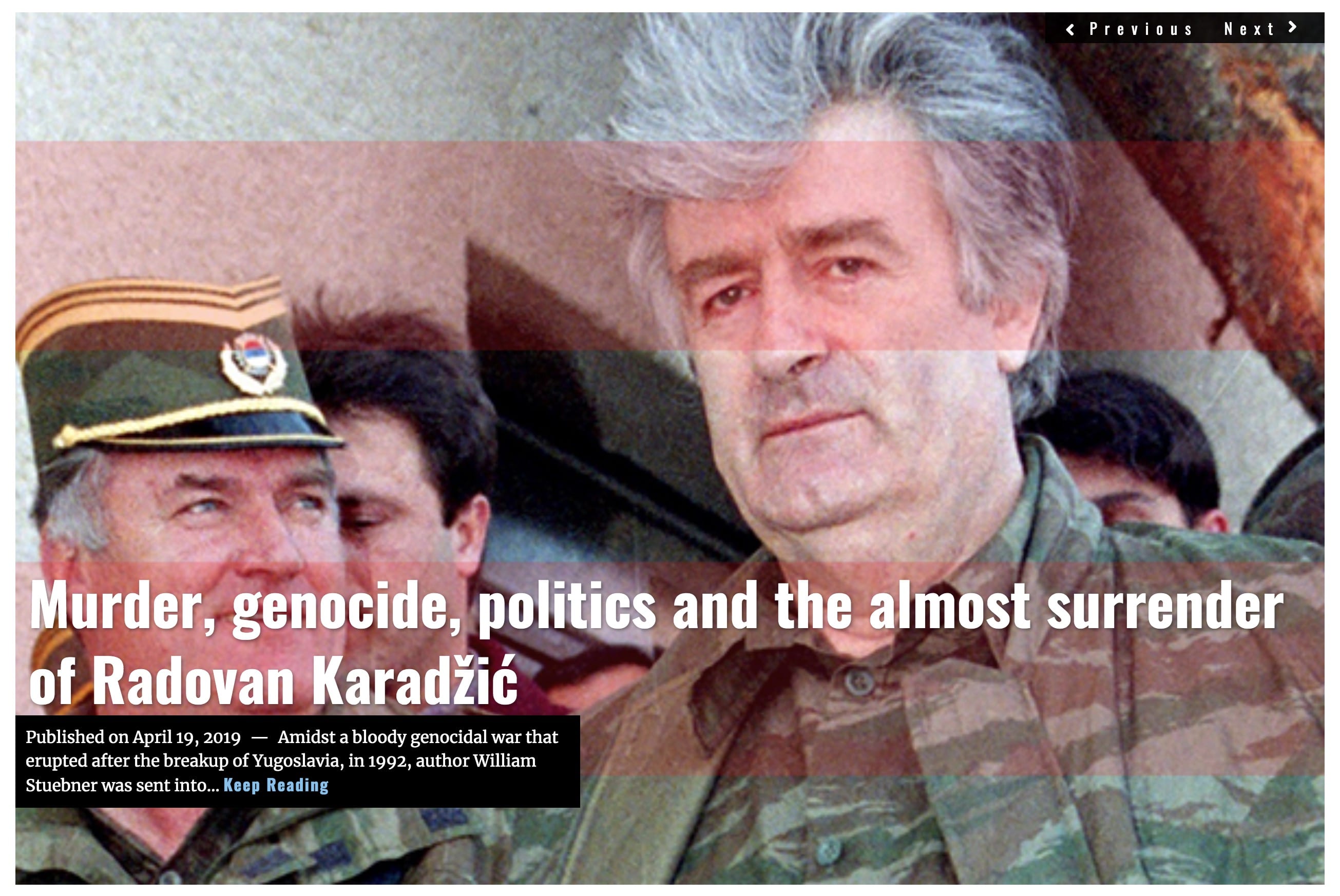
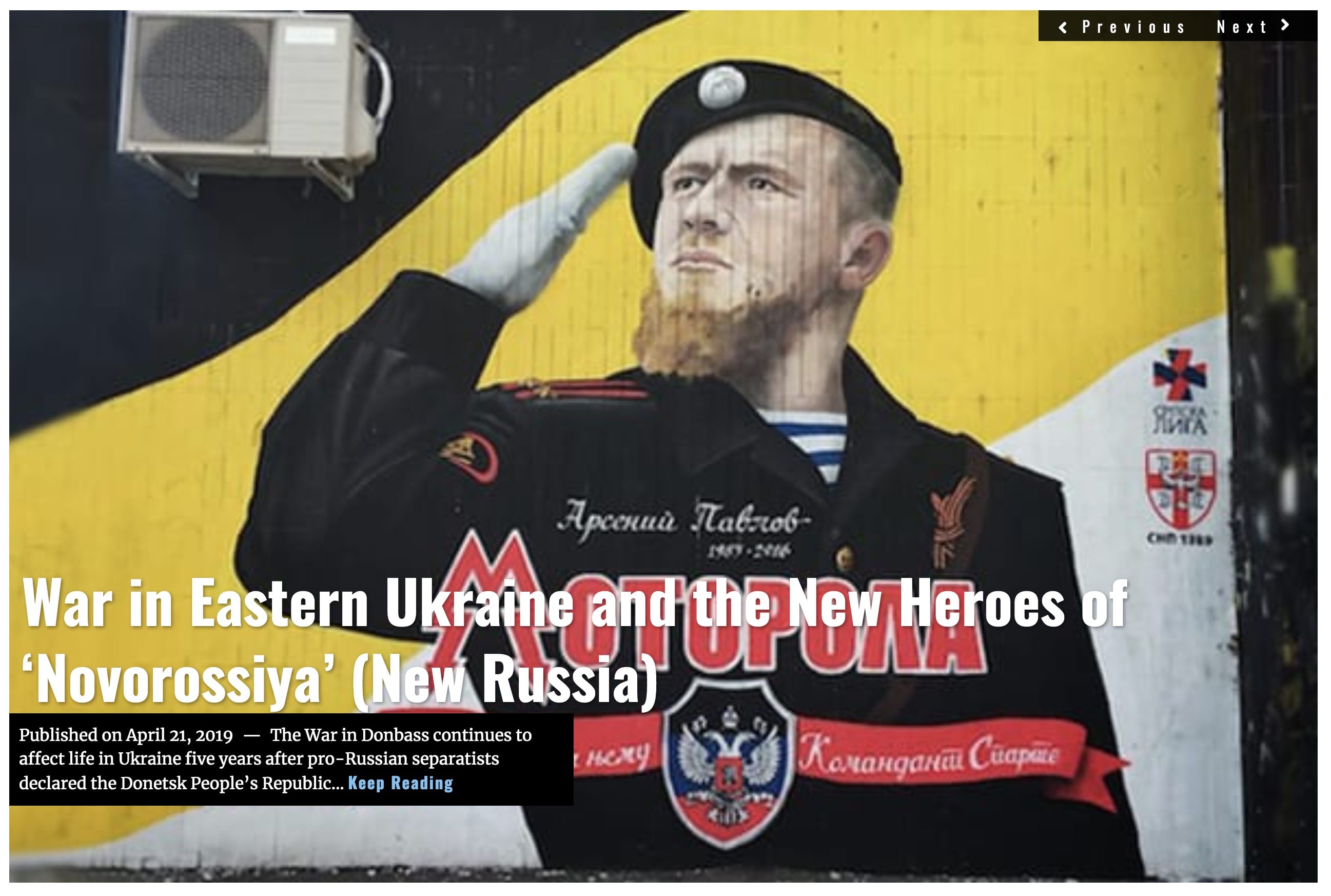
![Blossoming Russo-Turkish alliance leaves U.S., NATO behind [Lima Charlie News]](https://limacharlienews.com/wp-content/uploads/2019/07/Russia-Turkey-alliance-leaves-U.S.-NATO-behind-480x384.png)
![Iranian crackdown on MEK shows the activist group has popular support [Lima Charlie News]](https://limacharlienews.com/wp-content/uploads/2019/05/Iran-MEK-Lima-Charlie-001-480x384.png)
![Image Russia and China’s 'hybrid warfare' - Does the West even care? [Lima Charlie News]](https://limacharlienews.com/wp-content/uploads/2019/04/Russia-China-Hybrid-Warfare-02-480x384.png)
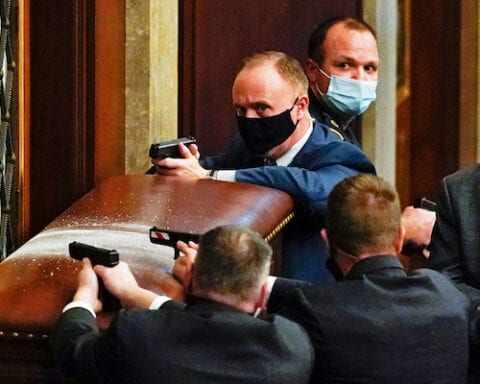


![Image Memorial Day may soon be a remembrance of democracy and those who had the courage to defend it [Lima Charlie News]](https://limacharlienews.com/wp-content/uploads/2018/05/Memorial-Day-may-soon-be-a-remembrance-of-democracy-and-those-who-had-the-courage-to-defend-it-Lima-Charlie-News-480x384.png)
![The Mind of Bolton - AUMF and the New Iran War [Lima Charlie News]](https://limacharlienews.com/wp-content/uploads/2019/05/Inside-the-mind-of-Bolton-Lima-Charlie-News-main-01-480x384.png)
![Blossoming Russo-Turkish alliance leaves U.S., NATO behind [Lima Charlie News]](https://limacharlienews.com/wp-content/uploads/2019/07/Russia-Turkey-alliance-leaves-U.S.-NATO-behind-150x100.png)
![Iranian crackdown on MEK shows the activist group has popular support [Lima Charlie News]](https://limacharlienews.com/wp-content/uploads/2019/05/Iran-MEK-Lima-Charlie-001-150x100.png)